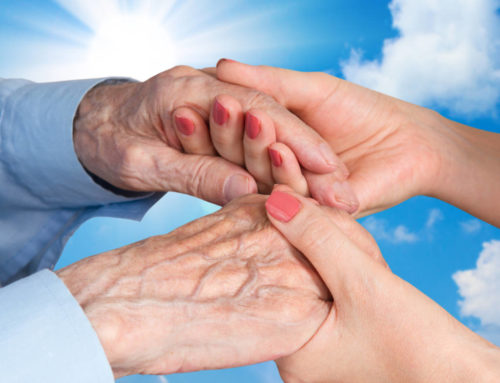 Our grandson works as an instructor in a rock climbing gym in Vancouver, Canada. He has scaled the sheer faces of rock formations all over the world. Recently he and his girlfriend Sarah took a trip to Yosemite National Park. Since they are both experts, they chose to start on a difficult climb.
Our grandson works as an instructor in a rock climbing gym in Vancouver, Canada. He has scaled the sheer faces of rock formations all over the world. Recently he and his girlfriend Sarah took a trip to Yosemite National Park. Since they are both experts, they chose to start on a difficult climb.
It didn’t take long before they realized the rock in Yosemite was different from the surfaces with which they are familiar. Their equipment wasn’t perfectly suited to the environment, and fairly quickly they realized that their typical approach to climbing wasn’t going to work in this environment, so they quit.
I’m so proud of both of them for not letting their ego get in the way. They didn’t try to convince themselves that they “should” be able to handle it. They didn’t feel guilty or ashamed that it was beyond their capability. They simply said, “We don’t have the proper training or equipment to handle this,” and they walked away.
Wouldn’t it be great if caregivers could be as dispassionate and reasonable when it comes to recognizing our limits? Today I’d like for you to take an objective look at your situation and ask yourself:
Do I have the physical, emotional and mental strength I need to do this job?
Do I have the knowledge and training necessary to cope with this challenge?
Do I have the equipment we need to to keep myself and my care receiver safe and free from harm?
Ian and Sarah felt no shame in saying, “We’re in over our heads.” When they got back on flat ground, they talked to people who are experts in that environment, they adjusted their equipment and adapted their strategy, so when they went back to the wall, they were better prepared for the challenge. They knew how important it was to stay safe.
I hope like Ian and Sarah, you will let go of your ego and will ask for the help you need. If you can that, chances are much better that you’ll be able to maintain your grip as you continue on your caregiving journey.




